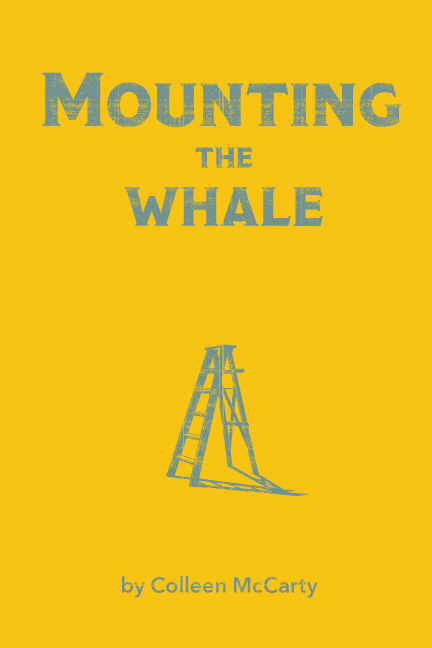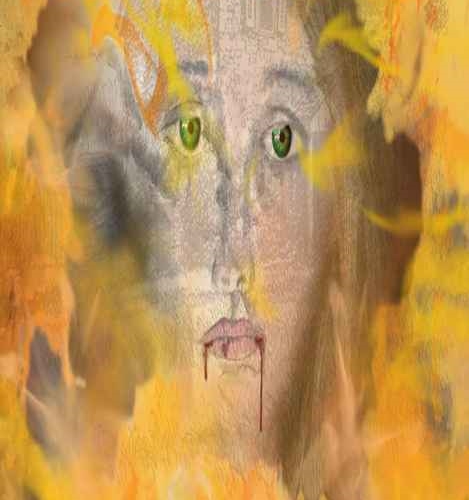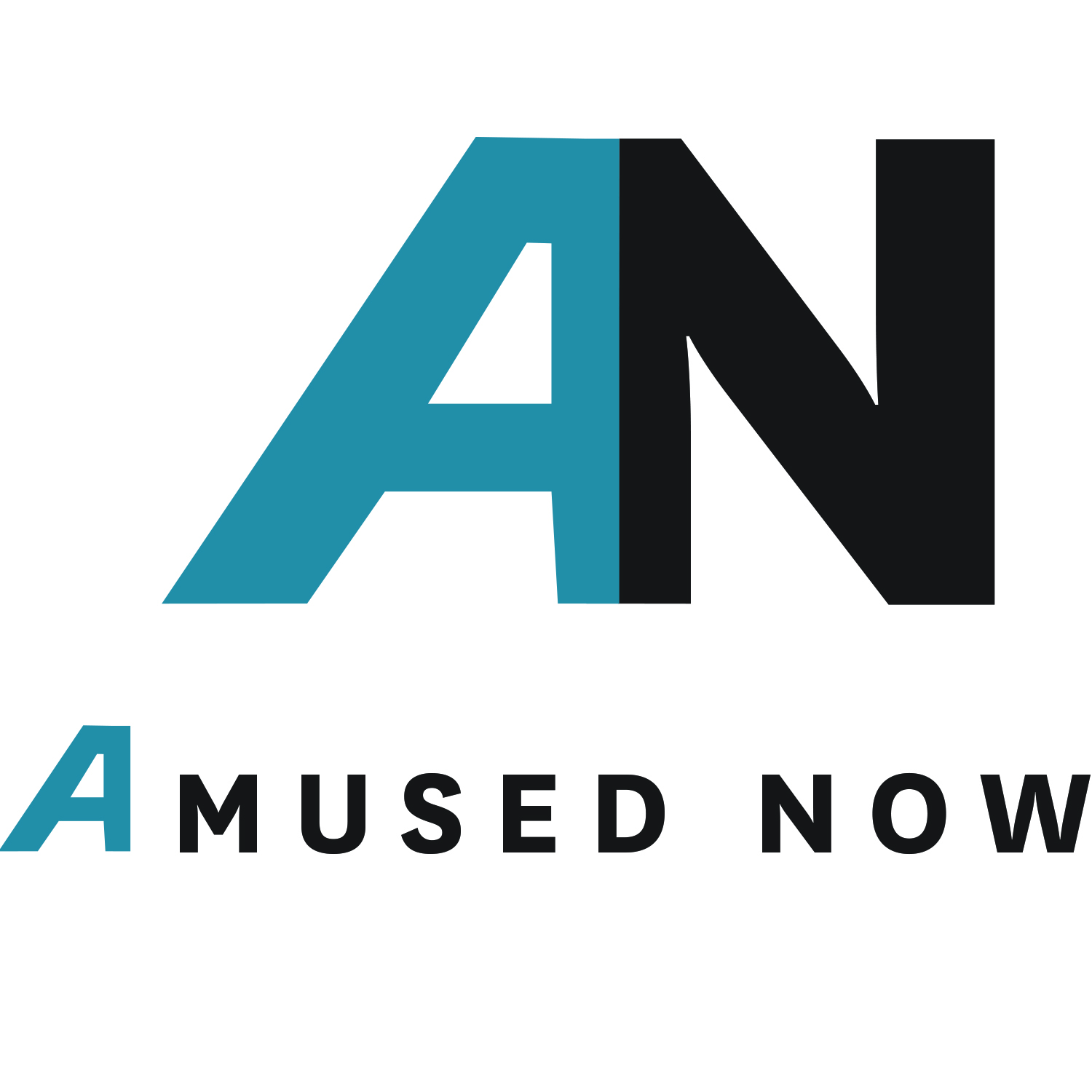
Colleen McCarty
Sparks of my true calling have shown themselves to me throughout my life – glimmers, hints, tugs. But fate has a way of punching you in the stomach if you don’t listen the first 57 times.
In grade school: I poured myself into an autobiography project. I had never felt that way before: alive, consumed. When I received a B, I took that to mean that even though writing felt good, I just wasn’t that good at it.
In college: I enrolled as an English major, but panic set in when I thought about becoming financially independent on an English major’s salary. I switched majors.
As an entrepreneur: I watched my business crumbling around me. When asked what I wanted to do differently, all I could say was I wanted to write. When I was writing, I felt in tune with who I was supposed to be.
When fate tapped me on the shoulder politely, I ignored her. So she punched me in the gut. My consulting business closed, but I was finally ready to hear what she was trying to tell me.
In the Fall of 2012, I started writing in earnest for the first time in my life. I don’t want to give you unrealistic expectations; it’s not as if I embraced writing as my true career and suddenly I was free to write full time. I had to take a 9 to 5 job to pay the bills, but mentally I’m a writer. I write at night, in the lull of the evening, after everyone has gone to bed and the tide has gone out on all my other responsibilities.

A little over a year later, I’m launching my first novel Mounting the Whale.
Here are the three major things I learned while tackling this massive bucket list item. And since this is the first of many books I’ll write in my life, these are lessons I will implement every time – and it’s advice I want to pass on to you.
1. It Takes a Village
The key to a great book is realizing that it’s not all about you. I mean, yes, a lot of it is about you—it’s your idea and you will ultimately be the one to champion it, but no great artwork is created in a vacuum. You must trust others and their opinions. I worked with a craft coach from day one, a content editor (which prompted a rewrite), a copy editor and a proofreader. Each of these people had valuable insights into my characters and my plot that I had overlooked. I needed to let them in, to see where they were coming from as readers and collaborators, in order to make the best book I could.

Bad design?
2. Design Matters
The reason self-publishing has gotten such a bad wrap is because the books have been terrible. Covers like the one you see here are rampant. This is bad design, people, and it makes me wonder…if you thought this cover was good, then you thought some pretty bad writing was good too. Design matters, brand matters, and its up to us to raise the standards of self publishing.
Yes, good quality costs more—but if you don’t care about quality, then what are you doing this for? It’s a business. No one ever started a business with nothing, save the Beverly Hillbillies, and I don’t think you want to be like them.
3. “Your ability to write is getting in the way of telling a story.”
This was one of the moments that made me say, “Ouchie, my heart.” I submitted my book, which I was very proud of, to a content editor. He’s highly lauded in the non-fiction industry (and his name is Nils Parker, in case you were curious) and he helps authors write books that sell. Well, that’s what I wanted to do, so I hired him. I half expected him to write me back and say, “This is the best book I have ever read. Here’s your money back. There’s nothing I can do to improve it.”
I think all writers feel this way when we submit to an editor after working long and hard on a book. Shocker: he didn’t say that.
The above quote is what he did say. I wasn’t ready to hear that, and it actually took a few weeks to sink in. “What does he mean?” I thought. “Isn’t the whole point of reading a story to read good writing?” No, no, a thousand times no. You can write the most beautiful sentence in the world, but if it doesn’t fit with your plot or your characters, it’s not good for much other than Twitter. Be a good writer, of course, but being good means weaving all the elements of the story together, not leaning on the crutch of good vocabulary and symbolism.
4. Good Isn’t Good Enough
This is the hard truth about publishing today. 150,000 ISBNs are getting issued this year. And it ain’t for dictionaries, honey. It’s for writers like you and me. It’s great for writing in general and for so many people who are able to pursue their dreams. But for you and me—just between us—it’s hard and it’s getting harder every day. Your readers have so many other things going on, you have to be outrageous to stand out—you have to speak to them on a level no one else has reached.
It’s not enough to be good. You have to be great. This means pulling out all the stops, hitting every note on the scale—design, layout, social media, cover reveals, events, speaking engagements, blog tours—phew. It’s exhausting and it’s a hustle. But competition has a way of separating the wheat from the chaff and if the publishers aren’t going to do it, then sheer willpower, energy, and investment will.
I wish you all the luck and happiness in the world with your artistic dreams. If you’d like to hear about my foibles you can read my blog at colleen-mccarty.com and of course, you can always help a sister out and buy the book.
Colleen McCarty
http://colleen-mccarty.com/
@Colleen_McCarty
Click on the cover art to buy Colleen McCarty’s book
Mounting the Whale:


Great post Colleen. Wonderful advice and appreciate your candor.
Thank you so much Cynthia! This was fun to write!